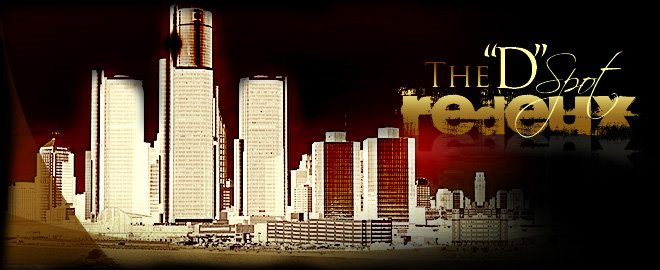

 Birth: Oct. 2, 1893 Birth: Oct. 2, 1893 Death: Sep. 12, 1957 Legacy: Cobo Hall, located at 1 Washington Blvd. Detroit, Michigan Affiliation: Republican Albert E. Cobo was born in Detroit in 1893. He worked in public utilities for some years and then took a job in the city treasurers’ office in 1933. Twelve years later he ran as the Republican candidate for City Treasurer and was elected. He served in that position for five years. The previous year Michigan Republican leaders asked Cobo to run against Gov. G. Mennen Williams. Although Cobo had not participated in partisan campaigning prior to this time, he agreed to run. In his campaign, Cobo emphasized his philosophy of government: "lay out an orderly, specific program and then proceed to carry it out." By the time he took office in 1950, Mayor Cobo, his advisers and city planners; knew that Detroit was an older industrial town with a rather unattractive downtown. No new office buildings or hotels had been constructed in the central business district since 1929. Mayor Cobo was a strong advocate for using the city’s financial resources to rebuild and change the old city. He strongly supported constructing the expressways that now cross the city and allow suburban residents to easily access the city’s downtown jobs and entertainment venues. But these large roads took out numerous homes in many neighborhoods. Although it is may be difficult to appreciate the architectural appeal of Cobo Hall, here is a large rectangular convention hall fronting on Washington Boulevard with upwards of 300,000 square feet of exhibition space. It was erected in an era of massive road building with only a little thought given to public transit. Thus, the Lodge Freeway enters downtown just after passing beneath the Cobo exhibition hall. And the roof of Cobo Hall is a huge open-air parking lot. At least some thought was given to public transit since a space was designed in the bottom of the building that could someday be used as a commuter rail station for lines running toward Toledo and Ann Arbor. That space has never been used as a rail station. Mayor Cobo was elected with very little support from the city’s increasingly large black population, and then earned their animosity by strongly promoting the razing of the key black business area so that the Chrysler Expressway could be built to facilitate transportation downtown. Some say his housing policies had a negative effect on African American housing opportunities, including the razing of the African-American community known as Paradise Valley. Cobo served until he died of a heart attack in 1957 (before his term ended). He is interred at Woodlawn Cemetery. | |

No comments:
Post a Comment
Thank you for your comments! Your email address will not be shown or shared!
Due to overwhelming spam comments, this comment forum will now be moderated. No more "anonymous" comments will be allowed.